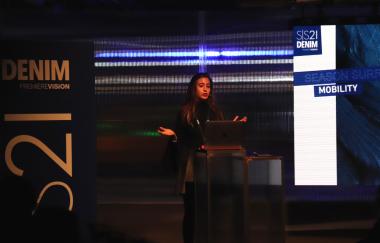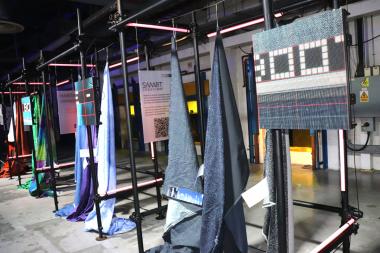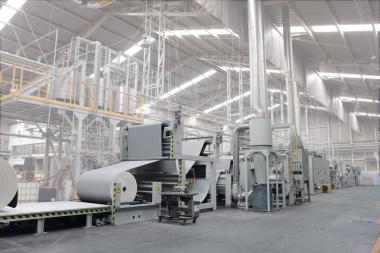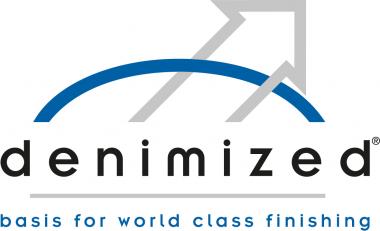TEXHIBITION Istanbul Fabric and Textil Accessories Fair
- March 16-18, 2022, Istanbul Expo Center
- Successful start of Texhibition, Istanbul Fabric and Textile Accessories Fair with over 10,000 visitors from 63 countries
- More than 160 exhibitors presented fabrics, yarns and accessories on approx. 5,000 square meters in the Istanbul Expo Center
- Intensive order activity in a professional trade fair atmosphere of over 1billion US$
- The organizer's objective: to double the area and number of exhibitors for the second event in September
With over 10,000 visitors, the premiere event of Texhibition Istanbul Fabric and Textile Accessories Fair, organized by the Istanbul Textile and Raw Materials Exporters' Association (ITHIB) and the Istanbul Chamber of Commerce (ITO) from March 16th to 18th, 2022 has successfully started.
İTHİB President Ahmet Öksüz: "Our exhibition platforms Texhibition Istanbul Fabric and Textile Accessories Fair and IFCO, Istanbul Fashion Connection, which was launched by our sister association IHKIB in February, play an important role in making Istanbul the fashion center of the Turkish textile and clothing industry. For the follow-up event to Texhibition in September this year, we expect the number of exhibitors and space to double."
The consistently positive feedback from the exhibitors underscores this expectation, as does the great interest shown by international visitors, including those from Denmark, Germany, France, Italy, the Netherlands and the UK.
The Turkish textile industry started with an export target of US$ 15 billion in 2022. The exhibition organizers assume that their platforms will contribute US$ 1 billion. Turkey is one of the most important procurement markets for the European textile industry and is becoming even more important in the course of the global supply chain problem and is now one of the top 3 most interesting procurement locations with its low prices, good quality products, reliable suppliers and short delivery times.
Exhibitors
On offer were high-quality and innovative fabrics from the weaving sector, including Kipaş Textiles, BTD Textile, Özdoku, Bossa and Yünsa; knitters like Gülle, Saka, Örkumod or İskur showed their current collections; yarn market leaders such as Korteks, Tepa and Gama were present, as were Şimşek Ege, EMR Zippers, Çağ-Tek and Öz-El Lastik for the accessories sector. A total of 166 exhibiting companies presented themselves in clearly structured segments in a professional trade fair atmosphere.
Frame program
In the Texhibition Forum, experts discussed the topics Sustainability, New Trends, Supply Chain and GMO-Free Cotton giving an outlook on the upcoming trends and developments in the Turkish textile industry. All events were heavily frequented by visitors.
Next Texhibition September 21-23, 2022
Texhibition Istanbul Fabric and Textile Accessories Fair Istanbul Expo Center Sustainability supply chain GMO-Free Cotton
JANDALI MODE.MEDIEN.MESSEN




















